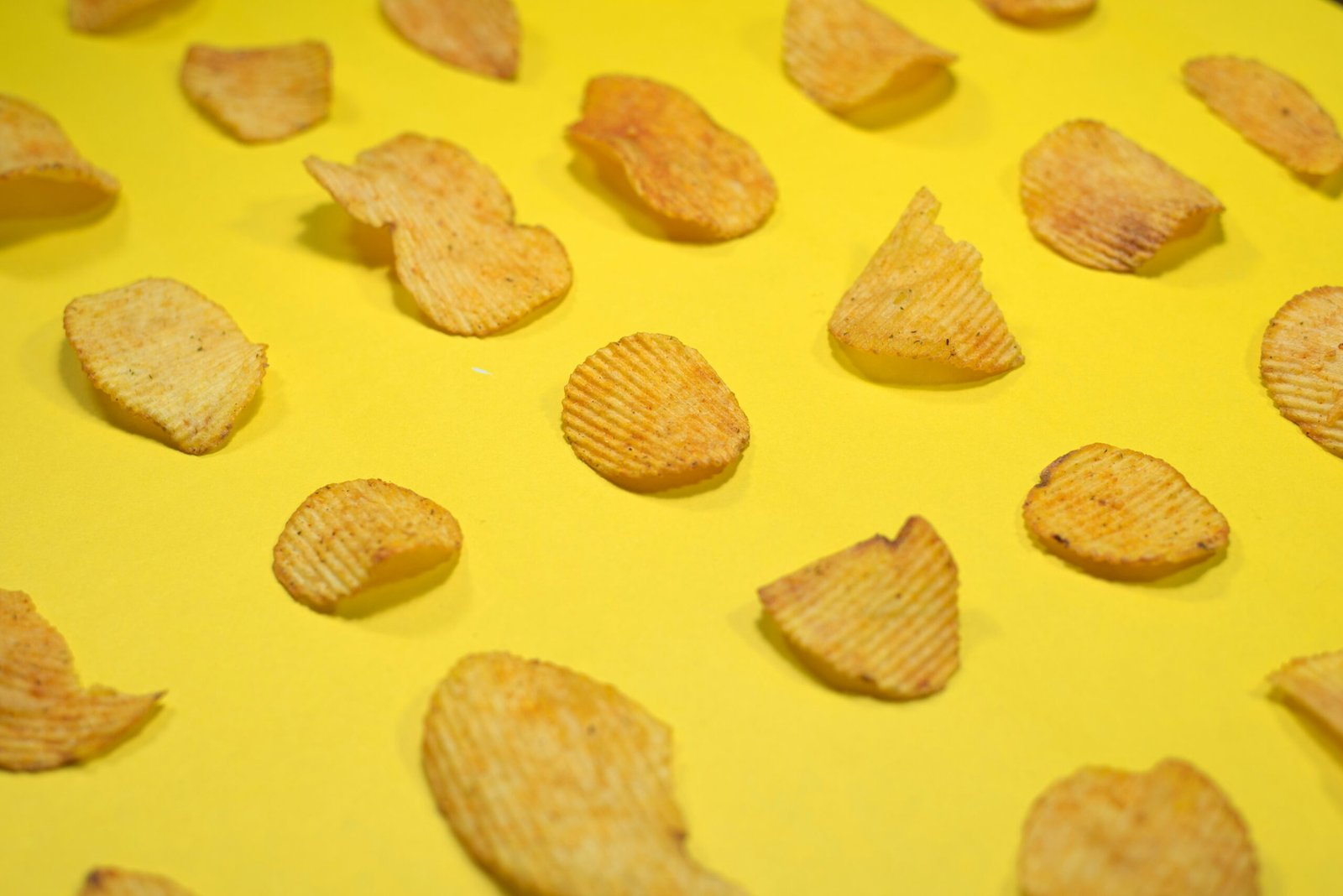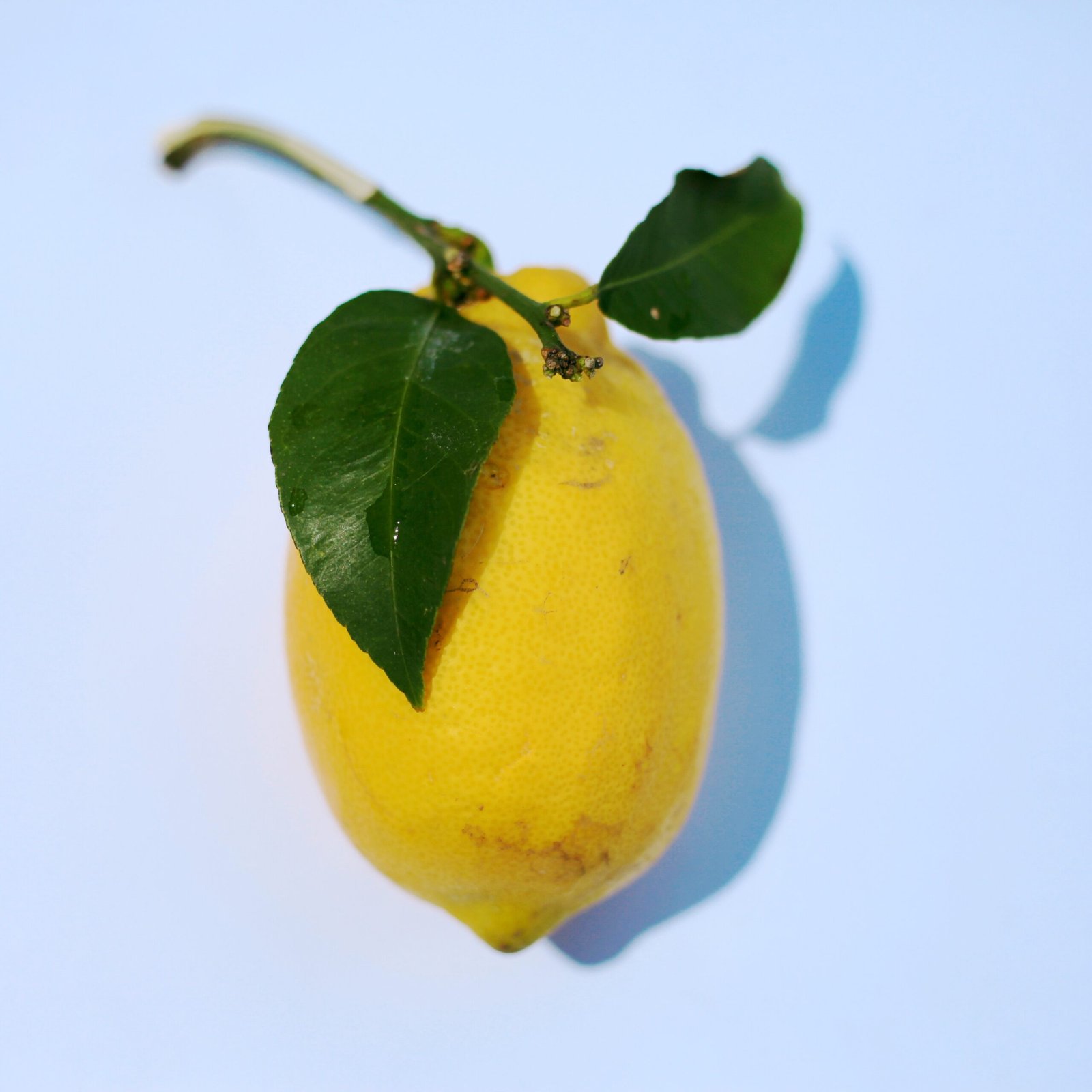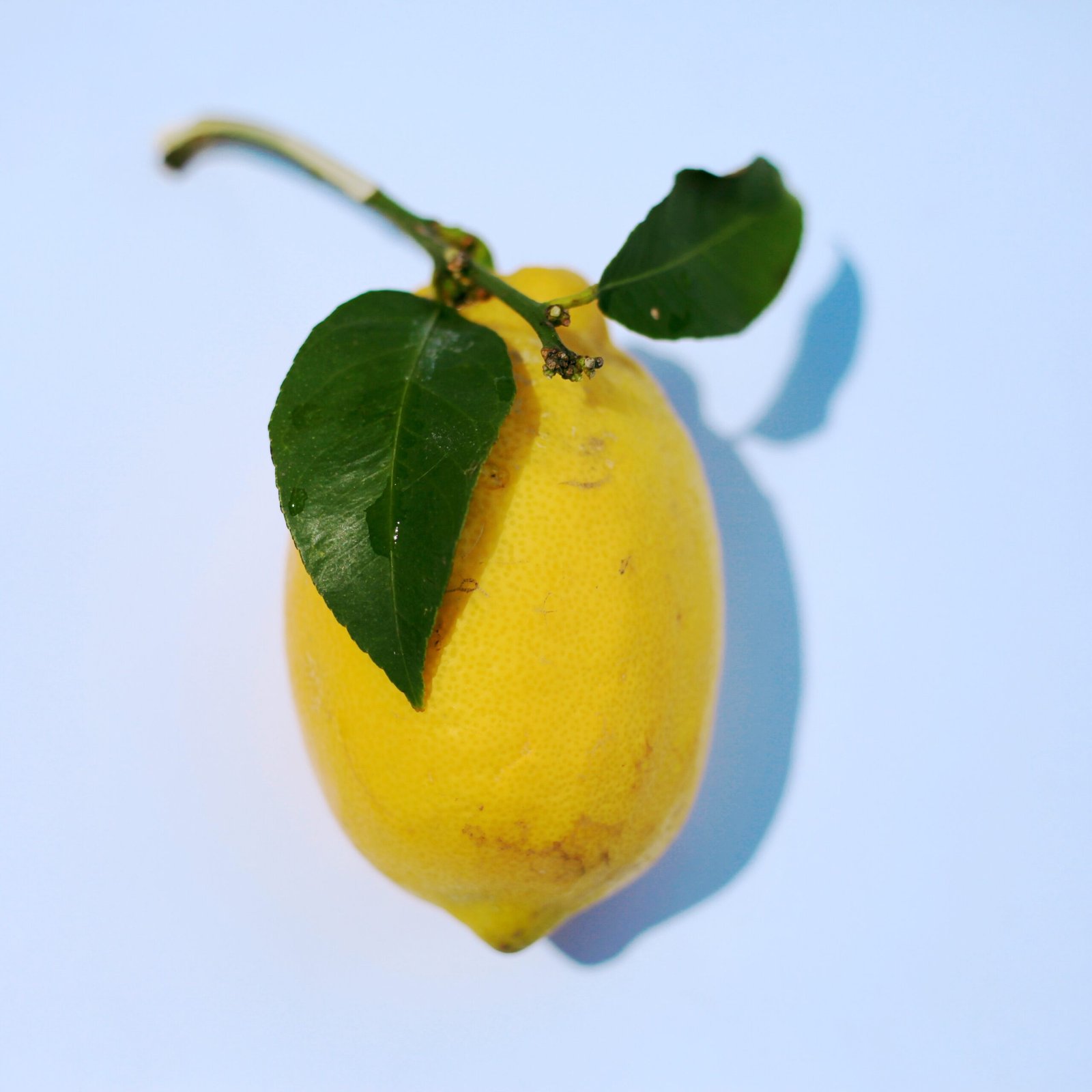If you've ever wondered about the connection between consuming purine-rich foods and gout, you're not alone. Gout is a painful form of arthritis that affects millions of people worldwide, and the role of purine-rich foods in triggering gout attacks has long been debated. In this article, we'll take a closer look at the relationship between consuming purine-rich foods and gout, exploring the scientific evidence behind this claim and uncovering some helpful tips to manage gout effectively. So, let's dive in and unravel the truth about purine-rich foods and their potential connection to gout.

Understanding Gout
Definition of gout
Gout is a form of arthritis that is caused by the buildup of uric acid crystals in the joints. It is a painful condition that primarily affects the feet, especially the big toe. Gout attacks can be sudden and intense, causing severe pain, swelling, redness, and tenderness in the affected area. The exact cause of gout is the overproduction or underexcretion of uric acid, leading to the formation of uric acid crystals.
Medical perspective on gout
From a medical perspective, gout is considered a complex disease with various contributing factors. It is primarily caused by the body's inability to efficiently process and eliminate uric acid. Uric acid is a byproduct of the breakdown of purines, substances found in certain foods and naturally occurring in the body.
Common symptoms of gout
The most common symptoms of gout include sudden and severe joint pain, typically in the big toe. The affected joint becomes swollen, red, warm to the touch, and extremely tender. Gout attacks often occur at night and can last for several days or weeks. Some individuals may also experience fever, fatigue, and a general sense of feeling unwell during a gout attack. It is important to note that the symptoms and severity of gout can vary from person to person.
Understanding Purines
Definition of purines
Purines are organic compounds that naturally occur in the cells of our body and certain foods. They are an essential part of our genetic material, as they make up the building blocks of DNA and RNA. Purines are also involved in various vital processes within the body, such as energy production and cell signaling.
The role of purines in the human body
Purines play a crucial role in maintaining the overall health and functioning of the human body. They are involved in processes like the synthesis of nucleic acids, the formation of ATP (adenosine triphosphate) for energy, and the regulation of cellular processes. Our body produces purines naturally, and they are also acquired through the consumption of certain foods.
Sources of purines
Purines can be found in both animal and plant-based foods. High-purine foods include organ meats such as liver and kidney, seafood like anchovies and sardines, as well as legumes, mushrooms, and spinach. Some beverages, such as beer and certain alcoholic spirits, also contain purines. It is important to note that not all purine-rich foods contribute equally to the risk of gout, as other dietary and lifestyle factors also play a role.
How Purines and Gout are Connected
The metabolic process of purines
When we consume purine-rich foods, our body breaks down the purines into uric acid through a process called metabolism. Uric acid is a waste product that is normally excreted by the kidneys and eliminated from the body. However, in individuals with gout, there is either an excessive production of uric acid or a decreased ability to excrete it efficiently, leading to elevated levels in the blood.
How purines become uric acid
After purines are broken down into uric acid, the uric acid molecules circulate in the bloodstream and eventually make their way to the kidneys. In healthy individuals, the kidneys filter and excrete uric acid, maintaining normal levels. However, in people with gout, the kidneys may not be able to eliminate uric acid effectively, resulting in its accumulation and subsequent formation of uric acid crystals.
The role of uric acid in gout development
The buildup of uric acid crystals in the joints triggers an inflammatory response, leading to the characteristic symptoms of gout. The crystals can cause irritation and damage to the surrounding tissues, resulting in intense pain, swelling, and inflammation. Although the exact mechanisms are still not fully understood, research suggests that the presence of uric acid crystals in the joints activates the immune system and releases certain inflammatory substances, further exacerbating the symptoms of gout.
Purine-rich Foods and Gout Risk
Studies linking purine intake and gout
Several studies have explored the relationship between purine-rich foods and the risk of gout. While it is understood that purines are a contributing factor in the development of gout, the direct link between purine intake and gout remains somewhat controversial. Some studies suggest a positive association between high-purine foods and gout risk, while others do not find a significant relationship. It is important to consider individual variations and other dietary factors when evaluating the impact of purines on gout risk.
Purine-rich foods that may increase gout risk
Certain purine-rich foods have been identified as potentially increasing the risk of gout. These foods, when consumed in excess, can contribute to higher uric acid levels in the blood. Examples of purine-rich foods that may increase gout risk include red meat, seafood, shellfish, organ meats, and certain vegetables like asparagus and mushrooms. However, it is important to note that individual responses to purine-rich foods can vary, and moderation is key in managing gout risk.
Quantifying purine intake
Quantifying purine intake can be challenging, as the purine content of foods varies widely. However, certain databases and resources provide estimates of purine levels in various foods, which can help individuals make informed dietary choices. Additionally, working with a healthcare provider or registered dietitian can be beneficial in determining personalized recommendations based on individual needs and medical history.

Other Dietary Factors Affecting Gout
Impact of alcohol and sugary drinks
Alcohol, particularly beer, has been associated with an increased risk of gout. Alcohol consumption can interfere with the body's ability to eliminate uric acid, leading to higher levels in the bloodstream. Additionally, sugary drinks, high in fructose, have also been linked to a higher incidence of gout. Both alcohol and sugary drinks should be consumed in moderation or avoided altogether for individuals looking to manage or prevent gout.
How dairy products may affect gout risk
Contrary to popular belief, research suggests that dairy products may have a protective effect against gout. Low-fat dairy products, such as milk, yogurt, and cheese, have been associated with a lower risk of developing gout. The exact mechanisms are still not fully understood, but it is believed that certain components of dairy products, such as specific proteins and bioactive compounds, may help to reduce the production and increase the excretion of uric acid.
Role of overall dietary habits in gout
While individual foods and nutrients play a role, it is important to consider overall dietary habits when managing gout. A balanced diet that emphasizes fruits, vegetables, whole grains, lean proteins, and low-fat dairy products can help support overall health and reduce the risk of gout. Additionally, maintaining a healthy body weight, staying adequately hydrated, and engaging in regular physical activity can further contribute to gout prevention and management.
Case Studies of Gout Patients
Characteristic diets of gout patients
Gout patients often have characteristic dietary patterns that are high in purine-rich foods and beverages. These diets typically include frequent consumption of red meat, seafood, shellfish, alcohol, and sugary drinks. The combination of these dietary factors can contribute to elevated uric acid levels and increase the risk of gout attacks.
Evolving dietary habits and their repercussions on gout
Through dietary modifications, gout patients can significantly improve their condition and reduce the frequency of gout attacks. By adopting a lower-purine diet and making healthier food choices, such as increasing the intake of fruits, vegetables, and low-fat dairy products, gout patients can manage their symptoms and reduce the risk of flare-ups. Many gout patients have reported positive outcomes through diet modifications, leading to better quality of life and fewer gout-related complications.
Recovery stories through diet modifications
Numerous gout patients have experienced significant improvements in their condition by making changes to their diet and lifestyle. By working closely with healthcare professionals, gout patients can develop personalized diet plans that take into consideration their individual needs, preferences, and medical history. Through the implementation of dietary modifications, such as reducing purine-rich foods and increasing hydration, patients can effectively control their gout and improve their overall well-being.

Reducing Gout Risk Through Dietary Changes
Foods to limit for gout prevention
To reduce the risk of gout or manage existing symptoms, it is recommended to limit the consumption of high-purine foods and beverages. This includes reducing the intake of red meat, organ meats, seafood, shellfish, and sugary drinks. Alcohol, especially beer, should be consumed in moderation or avoided altogether. By limiting these foods and beverages, individuals can help maintain lower uric acid levels in their body and reduce the likelihood of gout attacks.
Helpful dietary swaps for gout patients
Gout patients can make dietary swaps to incorporate healthier alternatives and reduce their gout risk. For example, opting for lean proteins like poultry, tofu, and legumes instead of red meat can help lower purine intake. Increasing the consumption of low-fat dairy products and incorporating plant-based proteins can provide alternative sources of essential nutrients without introducing excessive purines. It is important to work with a healthcare professional or registered dietitian to develop a personalized dietary plan that suits individual needs and preferences.
Effectiveness of dietary changes in gout management
Numerous studies have shown that dietary changes can play a significant role in managing gout and reducing the frequency of gout attacks. By adopting a balanced diet that limits purine-rich foods, encourages hydration, and supports overall health, individuals can effectively control their uric acid levels and decrease the risk of painful gout flares. However, it is important to note that dietary changes should be made in consultation with a healthcare professional to ensure safety and efficacy in individual cases.
Role of Medication in Managing Gout
Standard treatment options for gout
In addition to dietary modifications, medications are often prescribed to manage gout and prevent recurring attacks. Nonsteroidal anti-inflammatory drugs (NSAIDs), colchicine, and corticosteroids are commonly used to reduce pain, inflammation, and swelling during gout attacks. Long-term management of gout may involve medications such as xanthine oxidase inhibitors or uricosurics, which work to lower uric acid levels in the body. These medications can help prevent the formation of uric acid crystals and decrease the overall risk of gout flare-ups.
How medication interacts with dietary management
Medications prescribed for gout management may interact with certain foods and beverages. For example, xanthine oxidase inhibitors, like allopurinol, can increase the risk of skin reactions when combined with high-purine foods. It is important to discuss potential medication and food interactions with a healthcare professional to ensure optimal management of gout. Furthermore, medication compliance is crucial in maintaining stable uric acid levels and minimizing the chances of gout attacks.
Importance of medication compliance in gout patients
Adhering to prescribed medications is essential in effectively managing gout. Regular and consistent use of medications, as directed by healthcare professionals, helps maintain stable uric acid levels and reduces the risk of gout attacks. Skipping or discontinuing medication without medical guidance can lead to uncontrolled uric acid levels and potentially increase the frequency and severity of gout flares. It is important for gout patients to communicate with their healthcare providers and follow their recommended treatment plans closely.
Personalized Approach in Gout Management
Importance of individualized diet plans
Gout management should take into account individual needs, preferences, and medical history. Personalized diet plans can help gout patients navigate their dietary choices and make sustainable lifestyle changes. Working with a registered dietitian or healthcare professional experienced in gout management is essential to develop an individualized plan that considers factors such as food tolerances, nutrient requirements, and personal goals. An individualized approach ensures that dietary interventions are effective and tailored to each person's specific situation.
Role of lifestyle habits in gout management
In addition to dietary modifications, lifestyle habits also play a crucial role in managing gout. Regular physical activity, weight management, stress reduction, and adequate sleep are all important components of gout management. Engaging in exercise and maintaining a healthy weight can help reduce uric acid levels and decrease the risk of gout attacks. Stress management techniques and sufficient sleep contribute to overall well-being, which can positively impact gout symptoms and general health.
Role of personal medical history in treatment plan
Personal medical history, including underlying medical conditions and medications, should be considered when developing a treatment plan for gout. Gout often coexists with other health conditions, such as hypertension, metabolic syndrome, or kidney disease, which may influence treatment approaches. Additionally, certain medications like diuretics or aspirin can affect uric acid levels and interact with gout medications. Collaborating with healthcare professionals who can evaluate the whole spectrum of a patient's health is crucial in creating a comprehensive and effective treatment plan.
Current Research and Future Directions
Advancements in gout research
Gout research continues to advance our understanding of the complex mechanisms underlying the development and management of the disease. New studies are exploring genetic factors, markers of disease severity, and potential therapeutic targets. The use of advanced imaging techniques and genetic profiling may provide valuable insights into personalized treatment strategies and improve long-term outcomes for individuals with gout.
Potential future treatments for gout
Researchers are actively investigating potential future treatments for gout, including novel medications and targeted therapies. The development of drugs that directly inhibit uric acid production or enhance uric acid excretion may offer alternative options for gout management. Additionally, advances in gene therapy and personalized medicine may pave the way for innovative treatments that address the underlying causes of gout and provide more tailored approaches to individual patients.
Emerging trends in dietary approaches for gout
Ongoing research is exploring the impact of specific dietary interventions on gout management. For example, the effects of plant-based diets, low-purine diets, and specific nutrient supplementation are being investigated. These emerging trends in dietary approaches aim to provide individuals with gout additional options for managing their condition and further improve overall outcomes. Continued research in this area will contribute to a more comprehensive understanding of how diet and lifestyle interventions can optimize gout management.
In conclusion, gout is a complex condition characterized by the accumulation of uric acid crystals in the joints. Although purine-rich foods are known to contribute to the development of gout, the relationship between purine intake and gout risk is still a topic of ongoing research. Dietary modifications, along with medication management, lifestyle changes, and an individualized approach, play a crucial role in reducing gout risk and managing the condition effectively. It is important for individuals with gout to work closely with their healthcare providers to develop personalized treatment plans that suit their needs, preferences, and medical history. With ongoing research and advancements, the future holds promising possibilities for optimizing gout management and improving the quality of life for those living with the condition.
